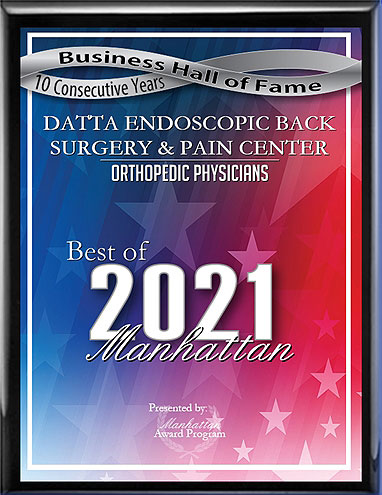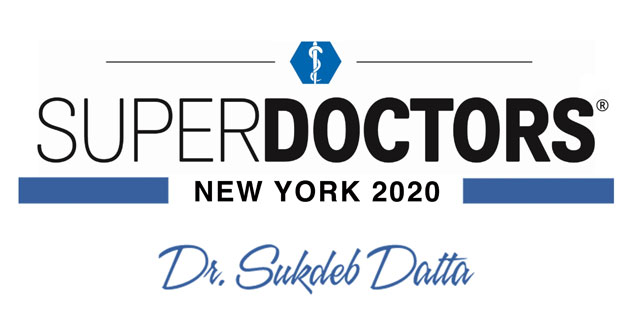Meta description: Wondering about your surgical and non-surgical treatment options for spine pain? This article will explain...
spine-pain-surgery-non-surgical-spine-pain-treatment-options
Back pain is one of the most common reasons for seeking medical care, and many Americans experience back pain at one point or another. If the pain is caused by an underlying spine condition, effective medical treatment is important. Depending on the nature of the condition, either surgical or non-surgical treatment may be appropriate.
Causes of Spine Pain
The spine is composed of the spinal cord and nerve roots; the vertebrae, which protect them and provide structure to the back; and the spinal discs, which cushion the vertebrae from one another, absorb shock, and provide flexibility. If any of these structures is damaged, spine pain can occur.
Some possible causes of back pain include:
- Herniated discs
- Bulging discs
- Degenerative disc disease
- Bone spurs
- Spondylolisthesis
Non-Surgical Treatment Options
There are a variety of effective non-surgical treatment options for spine conditions. Unless symptoms are severe or getting progressively worse, non-surgical methods are usually the first course of treatment for spine pain. Some of the most common treatment options include:
- Physical therapy
- Non-steroidal anti-inflammatory drugs (NSAIDs)
- Anti-epileptic drugs
- Tricyclic anti-depressants
- Steroid injections
- Weight loss
- Smoking cessation
Surgical Treatment Options
If the symptoms do not respond to surgery, or if the condition is serious, then surgery may be considered. Fortunately, there are now a number of minimally invasive spine surgery procedures which can be used to treat the most common causes of spine pain, including disc problems. For example, laser spine surgery allows the doctor to use a laser to operate on the spine; only two small incisions are needed.
In some cases, conventional open spine surgery may be required, particularly if the condition is complex or extensive. Open spine surgery is a more invasive procedure, requiring the doctor to make a large incision and often to operate on the vertebrae. Unlike minimally invasive spine surgery, open spine surgery requires a hospital stay and the use of general anesthesia. The recovery time is usually much longer, and the risk of side effects like infection, bleeding, and blood clots is higher. However, in some cases, the benefits outweigh the downsides.
Only a doctor can determine which treatment is right for your spine condition. Dr. Sukdeb Datta would be happy to meet with you about your spine pain. To schedule your consultation today, please click below and enter your information or call the Datta Endoscopic Back Surgery and Pain Center at 347-380-9138.






 EDISCSCULPT
EDISCSCULPT



